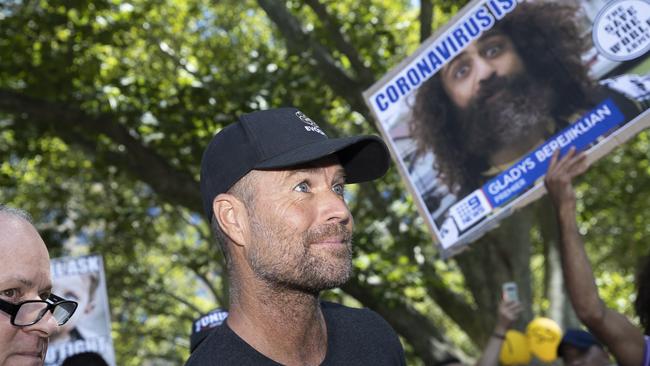
I have promised my wife (who is getting the vaccine at the same time) I will resist the urge post-jab to stare off into the distance, and claim “Wow, I can see through time.” It’s bound to upset the nurse and any trypanophobics sitting nervously in the waiting room.
This week, Astra-Zeneca released interim data from its phase 3 clinical trials in the US which show the Oxford/AstraZeneca vaccine was 76 per cent effective at preventing symptomatic COVID-19 and 100 per cent effective at preventing severe or critical disease and hospitalisation.
That’s good enough for me.
In Australia, we are entering into a new phase of the COVID-19 pandemic (a little slower to many other parts of the world) and it’s worthwhile to peer into the murk of the future to see how the world might function once vaccines have been rolled out.
It’s a deep irony that some of the countries who made so many mistakes during the early days of the pandemic are now at the forefront of the vaccination roll out.
The US has set a new target of 200 million doses of a COVID-19 vaccine administered by Joe Biden’s 100th day in the Oval Office. It’s an objective they will likely hit. The original target of 100 million doses was achieved within 40 days of Biden taking the Presidential Oath of Office.
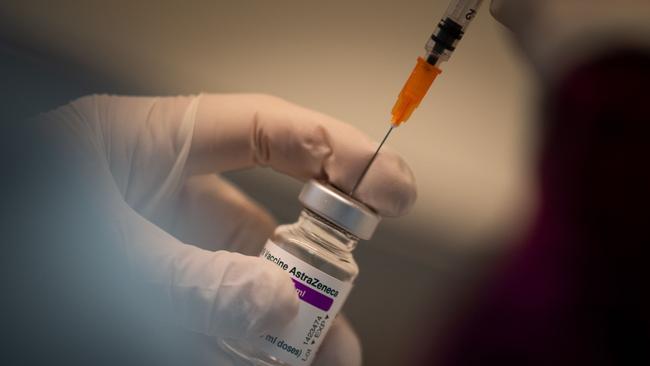
At present 2.26 million doses are being administered daily. 46.4 million Americans, almost 15 per cent of the population, have been fully vaccinated and that figure is growing by 0.25 per cent of the population every day.
Almost half the UK population have received at least one dose of a COVID-19 vaccine. Friends of mine in London who have had to endure a long and unpleasant lockdown, say the vaccines are being rolled out with little or no bureaucratic clutter.
COVID-19’s relatively light touch in Australia has allowed the nation to manage supply issues, including the Europeans helping themselves to consignments bound for our shores. It has given us the time to take a longer look at emerging clinical data of the kind such as that reported in The Australian today, where the Australian Technical Advisory Group on Vaccination has recommended that people with a confirmed history of a rare blood cerebral blood clotting disorder should not be administered COVID-19 vaccines. The instances of the disorder are figured at between one or two per million people.
Boiling point
If we look at 2022 as a year where most of the world’s largest population centres have had access to COVID-19 vaccines, the issue of certification, at a mild simmer at the moment, is bound to reach boiling point.
It is very likely that many countries will prohibit entry to people who cannot provide proof of vaccination or require those without certification to go into quarantine for a fixed period and almost certainly at the entrants’ expense.
The Morrison government has not yet addressed the issue of certification. Not publicly anyway. In the UK, Prime Minister Boris Johnston has teased the idea of a vaccine passport but said earlier this week that “no decision had as yet been made”. Johnston did, however, foresee “a role for certificates.”
The EU is battling with their roll out, having administered just 13 doses of a COVID-19 vaccine per 100 people as of 22 March, compared with 45 in the UK and 113 in Israel.
But it’s the EU who is sticking with the idea of a digital green pass, a form of COVID-19 vaccine certification.
And that’s merely what nation states or conglomerations of them might do.
Corporations, even small businesses will be obliged to risk manage the issue. The big aviation companies, including Qantas, are free to alter the terms and conditions of ticketing on international and domestic flights.
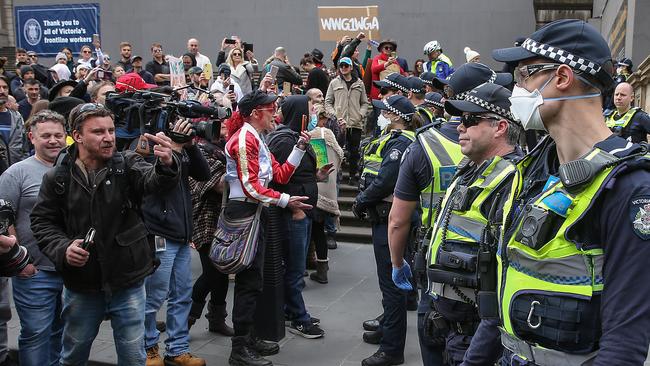
Earlier this week, Qantas boss, Alan Joyce said, “We have a duty of care to our passengers and to our crew, to say that everybody in that aircraft needs to be safe.”
In other words, if governments don’t act, we will.
And that’s merely the vexed business of international travel in a post-pandemic world. If a person runs a pub or a restaurant that is a seething mass of refreshed customers on a Friday night, they would be keenly aware that an outbreak of COVID-19 infection could force the business to close at severe economic cost. How that risk is managed obliges proprietors and managers to make their own rules.
Then take that a bit wider; concerts, theatre, cinemas, sporting events, religious gatherings, social events. Anywhere people gather in number indoors.
Personally, I doubt it will be a potent issue in Australia given the nation has managed the pandemic better than most of the rest of the world.
Elsewhere it will, and at very least it requires some form of standard medico-legal definition so people who can’t be vaccinated for health reasons aren’t excluded.
Misinformation and falsehoods
But I have no problem with people being excluded or prohibited entry to a country, an aeroplane or a pub, if they have refused to be vaccinated because they believe a dose of COVID-19 vaccine will make them stand to attention at a 5G tower and allow Bill Gates to operate them by a complex series of pulleys and levers.
There is no mandatory vaccine in Australia. Nor anywhere else in the world as far as I can see. There isn’t now and there won’t be. But that won’t stop the peddling of misinformation and outright falsehoods. If you need proof, there’s a political party in Western Australia that bears the name, No Mandatory Vaccination. It’s a party that clings to a nonsense, to a non-issue. But it polled more votes than One Nation in the WA state election on March 13.
We are now entering the phase where we will see shrieks and lies from the anti-vax crowd who will bleat about discrimination. The answer to that is there is a personal cost to bear for a) enduring and inexplicable idiocy and, b) a failure to make a free contribution to the health and wellbeing of the communities we all live in.


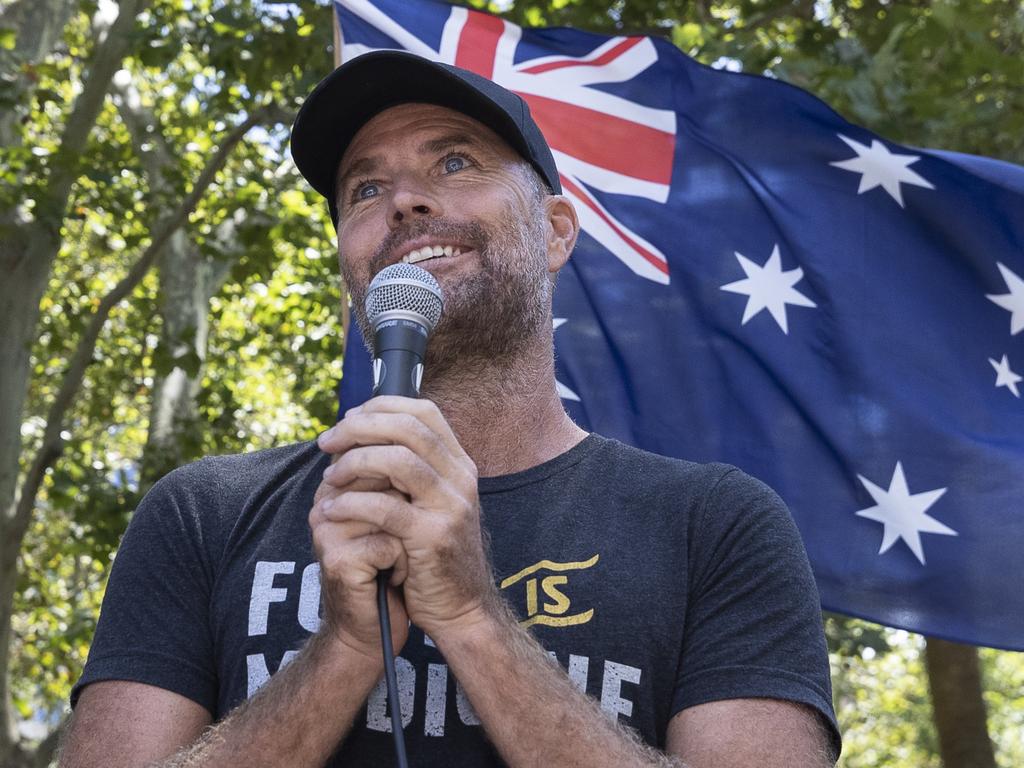
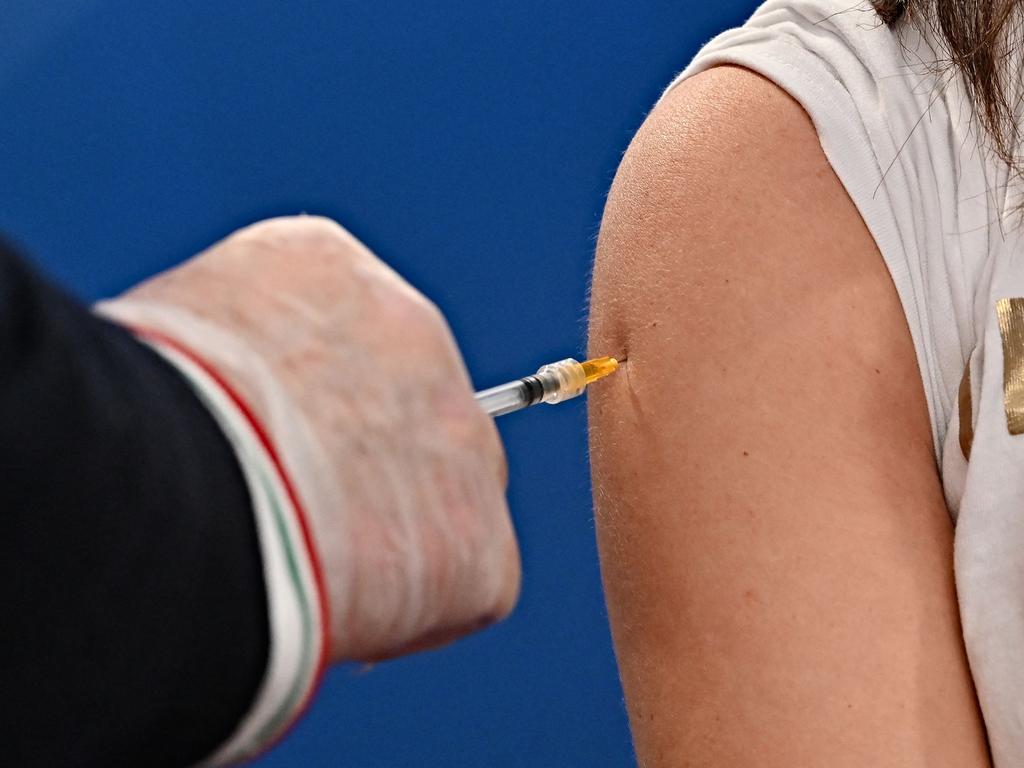



I’m rolling up my sleeve next Tuesday for the Astra-Zeneca jab. I am over 50 and for me, that is the marker. Six weeks later, I’ll get the second shot. Then, for a period of time at least, I will be fully vaccinated.